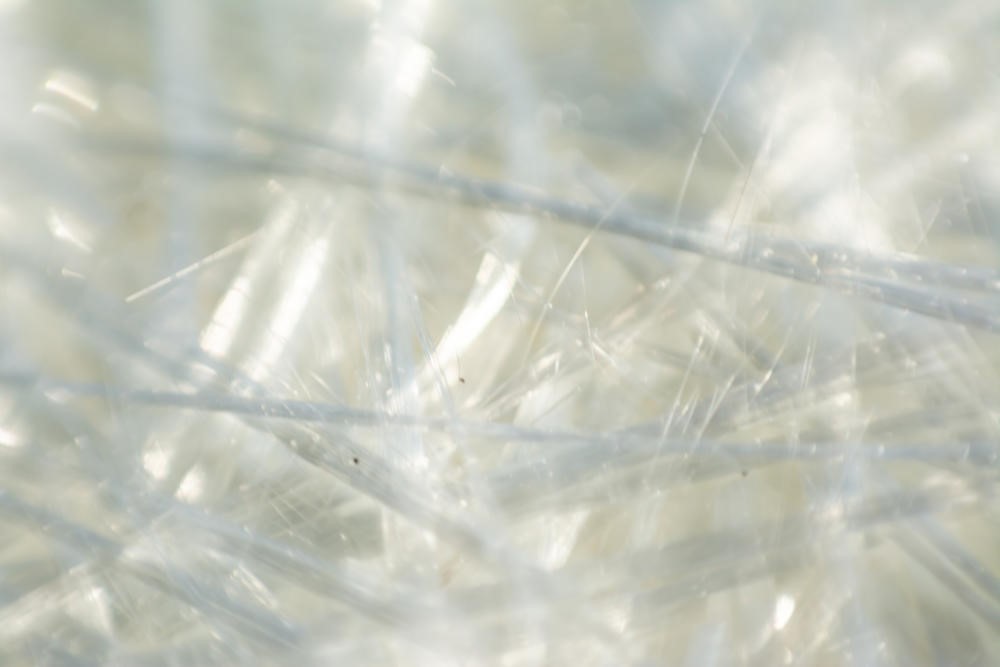The Power of Bioactive Glass for Long-lasting Antimicrobial Wound Protection
In a study, researchers at the University of Birmingham have made a remarkable discovery regarding the antimicrobial properties of silver when combined with bioactive glass. Bioactive glass, a synthetic biomaterial primarily used in bone grafting, has been found to enhance the longevity of silver's antimicrobial activity, outperforming conventional alternatives in wound protection.

Figure 1. Silver in the bioactive glass.
Figure 1 shows Silver retains antimicrobial activity for longer when it is impregnated into ‘bioactive glass’. The effectiveness of silver in preventing biofilm growth (bacterial communities) in open wounds has been well-established. Silver-based treatments have gained popularity due to their efficacy against antibiotic-resistant bacteria strains. However, the antimicrobial properties of silver rely on its presence in an ionic form, enabling it to penetrate bacterial cell walls and disrupt their life cycle. Unfortunately, silver ions or nanoparticles in wound dressings tend to transform into silver sulphide or silver chloride, which can diminish antimicrobial activity and hinder treatment success.
To address this challenge, the researchers focused on investigating the effects of bioactive glass infused with ionic silver on biofilms formed by Pseudomonas aeruginosa, a notorious multi-drug resistant bacterium frequently causing infections in chronic wounds. Their findings, published in the esteemed journal Biofilm, showcased the ability of specific preparation, storage, and application techniques to minimize the transformation of silver ions, thus preserving antimicrobial activity.
The team from the University of Birmingham, comprised of microbiology researcher Dr. Sarah A. Kuehne, biomaterials expert Dr. Gowsihan Poologasundarampillai, multidisciplinary Ph.D. student Sandeep Shirgill, alongside Dr. Sara Jabbari from the School of Mathematics and Dr. John Ward from Loughborough University's Department of Mathematical Sciences, spearheaded this pivotal study.
Building upon their extensive experience with bioactive glass, particularly its use as a bioactive degradable graft material, the Birmingham team harnessed the fibrous nature of bioactive glass, which provides a robust and packable 3D porous structure essential for tissue growth.
Eager to foster collaborations and co-develop products in the realms of dental surgery and wound care, the researchers invite companies to explore potential partnerships. Dr. Sam Moxon, a post-doctoral researcher working with the Birmingham team, has already begun investigating the application of these innovative materials in dental surgery and wound care. Supported by an Innovate UK-funded program called ICURe (Innovation to Commercialization of University Research), the team is now focused on advancing the material towards clinical approval.
Dr. Moxon will share insights on this work at the upcoming UK Society for Biomaterials annual conference in Belfast on June 21st. Moreover, he has been invited to deliver a keynote speech at the Future Investigators in Regenerative Medicine annual conference in Spain in September, where he will elaborate on the team's research from Birmingham and their ambitious pursuit of developing these promising new biomaterials.
Source: University of Birmingham
Cite this article:
Hana M (2023), The Power of Bioactive Glass for Long-lasting Antimicrobial Wound Protection, AnaTechmaz, pp.488

